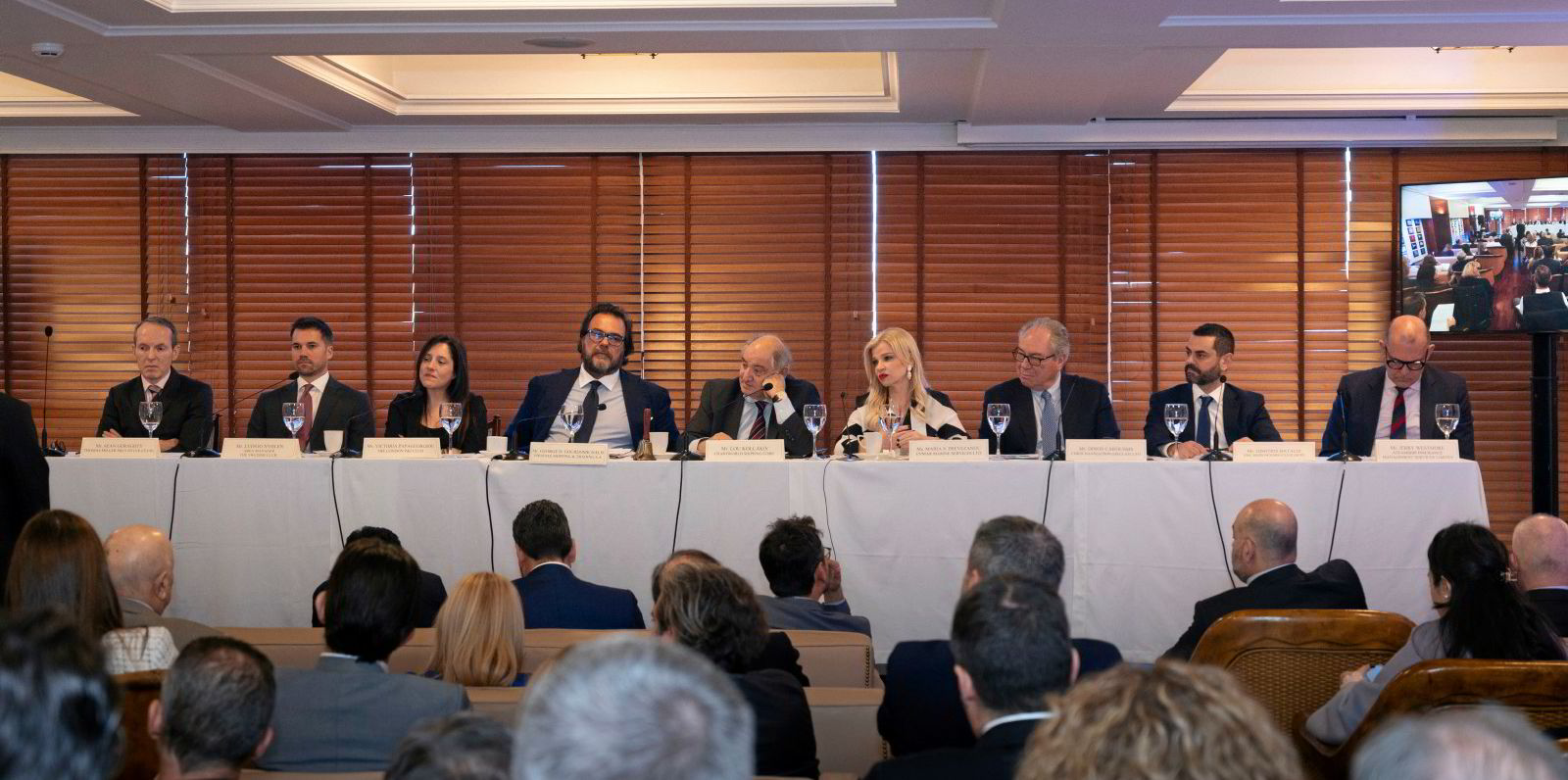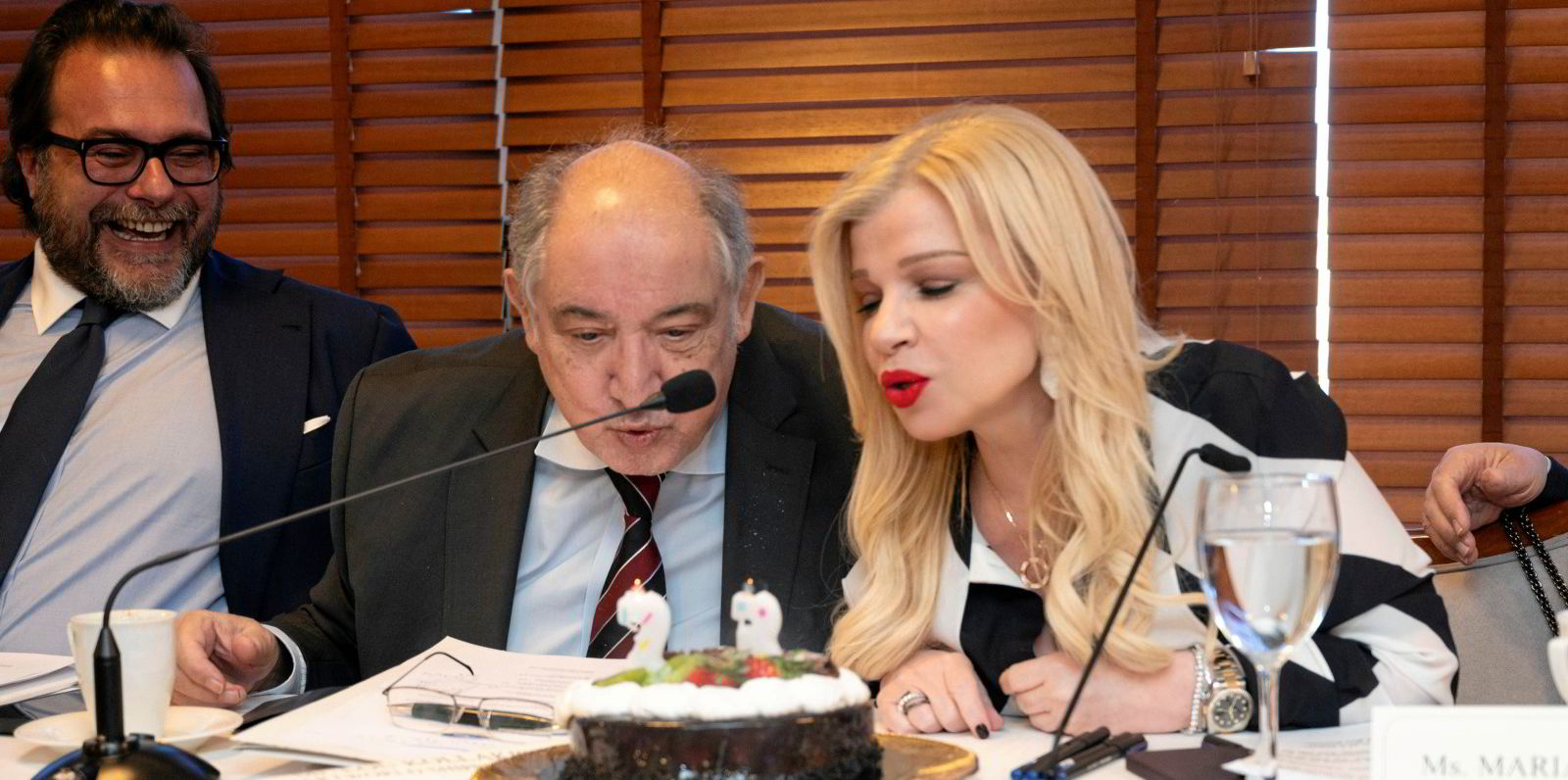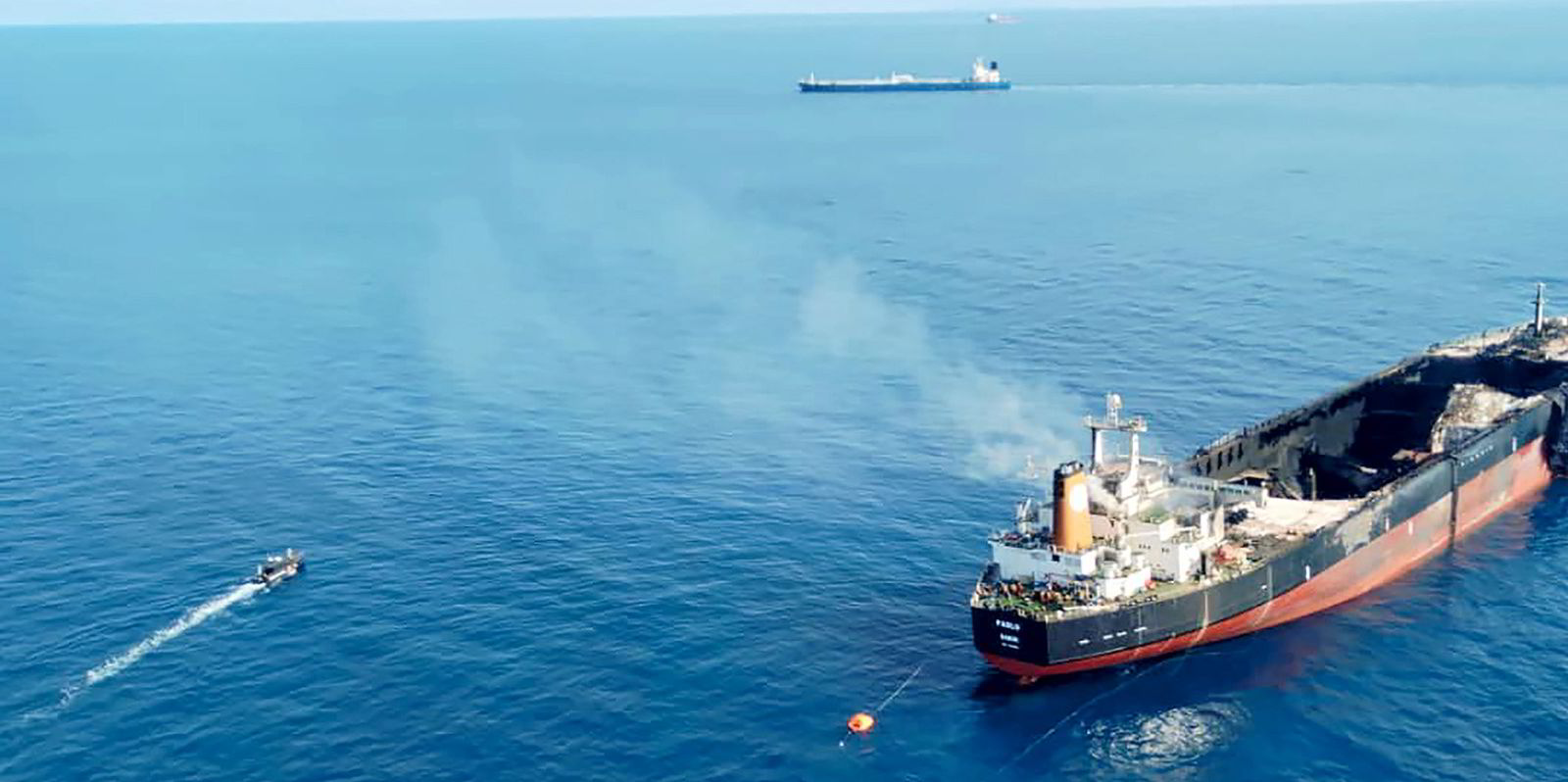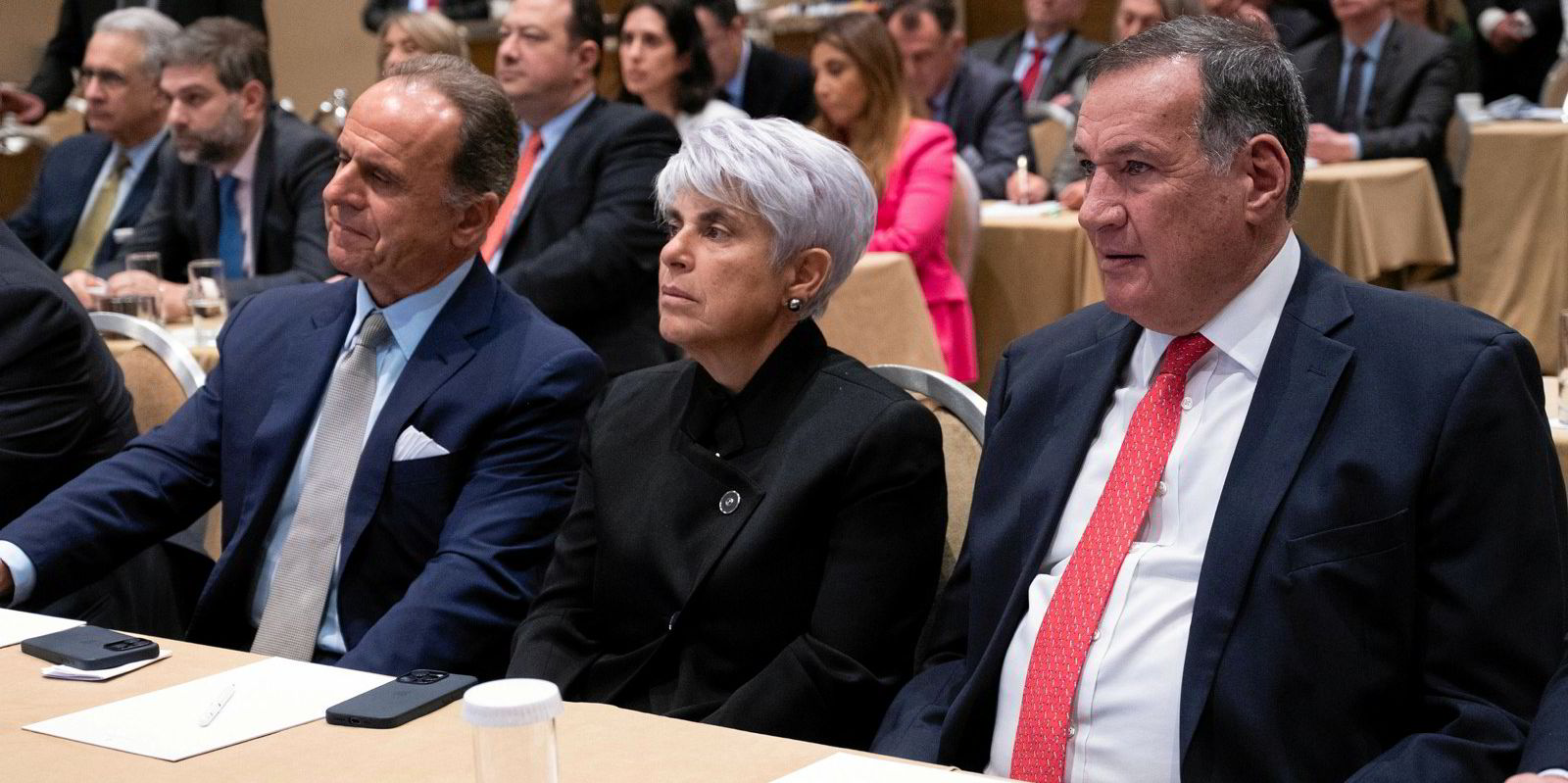The opening of the International P&I Conference at the Piraeus Marine Club was a raucous fanfare of birthday cake and song, setting the stage for what was to be another dramatic episode of the popular annual event.
But the familiar and relaxed nature of the occasion could not hide growing tensions between the smaller and larger mutual clubs in attendance.
As might be expected, the root of the tension was all about money and the question of exactly how much each club should pay toward its own large claims.
At present, every club covers expenses up to the initial $10m of a claim. Any costs surpassing this threshold are consolidated into the International Group of P&I Clubs pool and distributed among its 12 member clubs. Once the amount exceeds $100m, the pool’s reinsurers pick up the bill.
The $10m “retention” figure has not changed since 2014. But with inflation rampant, and claims costs rising along with ship size and the global fleet, the bigger clubs argue that an increase is long overdue.
The problem is that over the same time, the wealth gap within the International Group has also increased and is leaving some small clubs unable to afford an increase.
The UK P&I Club is one of the larger clubs that could afford a higher retention.
UK P&I regional director for Greece Sean Geraghty argued that given inflation the retention should be more like $14m or $15m.
He points out that because of higher claims costs more of what would previously be considered routine or attritional claims are ending up being shared in the pool.
Extraordinary claims
But the pool was originally intended for what he described as “extraordinary claims”.
“The question for the pool is at what point should it bite?” he said. “A number of ordinary claims are now seeping into the pool,” he pointed out.
Steamship Mutual is the International Group’s fourth-largest club that could easily afford a higher retention but director Jerry Westmore argued for the status quo.
If the figure is raised, more clubs would be forced to protect their finances by reinsuring their own retention, he pointed out.
That would take premium out of the mutual system, and create more volatility in protection and indemnity pricing.
He said the strategy at Steamship Mutual is to make sure it is well reserved to cope with claims volatility. “Good capital management or reinsurance, which is more important? I would say the former,” he argued.

Another concern is that increasing the retention amount could potentially put smaller clubs at a financial disadvantage, potentially hastening consolidation within the International Group. This consolidation could have implications for competition and result in fewer options for shipowners.
London P&I Club associate director Victoria Papageorgiou said it is also important to maintain the combined claims-handling capability of the International Group, which could be threatened by a higher retention.
“What is the benefit other than higher costs,” she said.
“Smaller clubs would not be able to absorb pool claims and there would be fewer clubs in the International Group,” she pointed out.
She said the combined claims capability is valuable to the industry. “We need to keep knowledge across the group,” she said.
Cost-effective
The Swedish Club’s area manager for Greece Ludvig Nyhlen said that the current system is the most “cost-effective” way of covering large P&I claims. “It works for the collective rather than individual clubs,” he said. “It is important to protect all 12 clubs.”
Also, the International Group’s own records would seem to suggest it is claims frequency — not inflation — which is the biggest factor in influencing pool claims costs on a year-on-year basis.
The issue is on the International Group’s agenda and the debate rages on. For now, it looks like the weight of International Group members will vote — under the one member one vote system — for the $10m retention to be maintained.
The clubs are not publically declaring their hand, but those thought to be backing higher retention include the likes of Gard, NorthStandard, Britannia and UK P&I, well short of what is required to push through change.
The question for the smaller clubs will be whether they can shore up their finances by the time the retention figure is raised.






